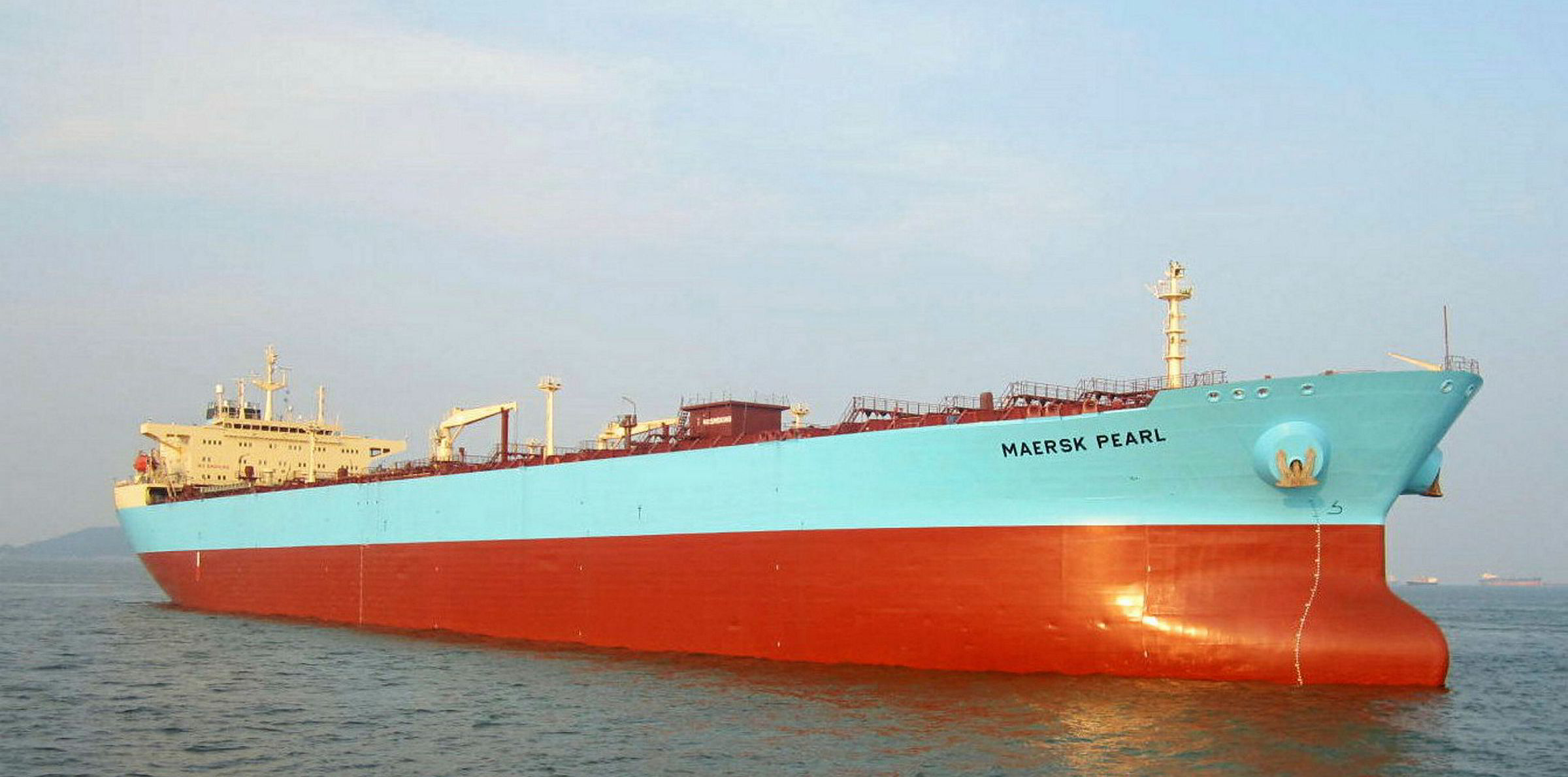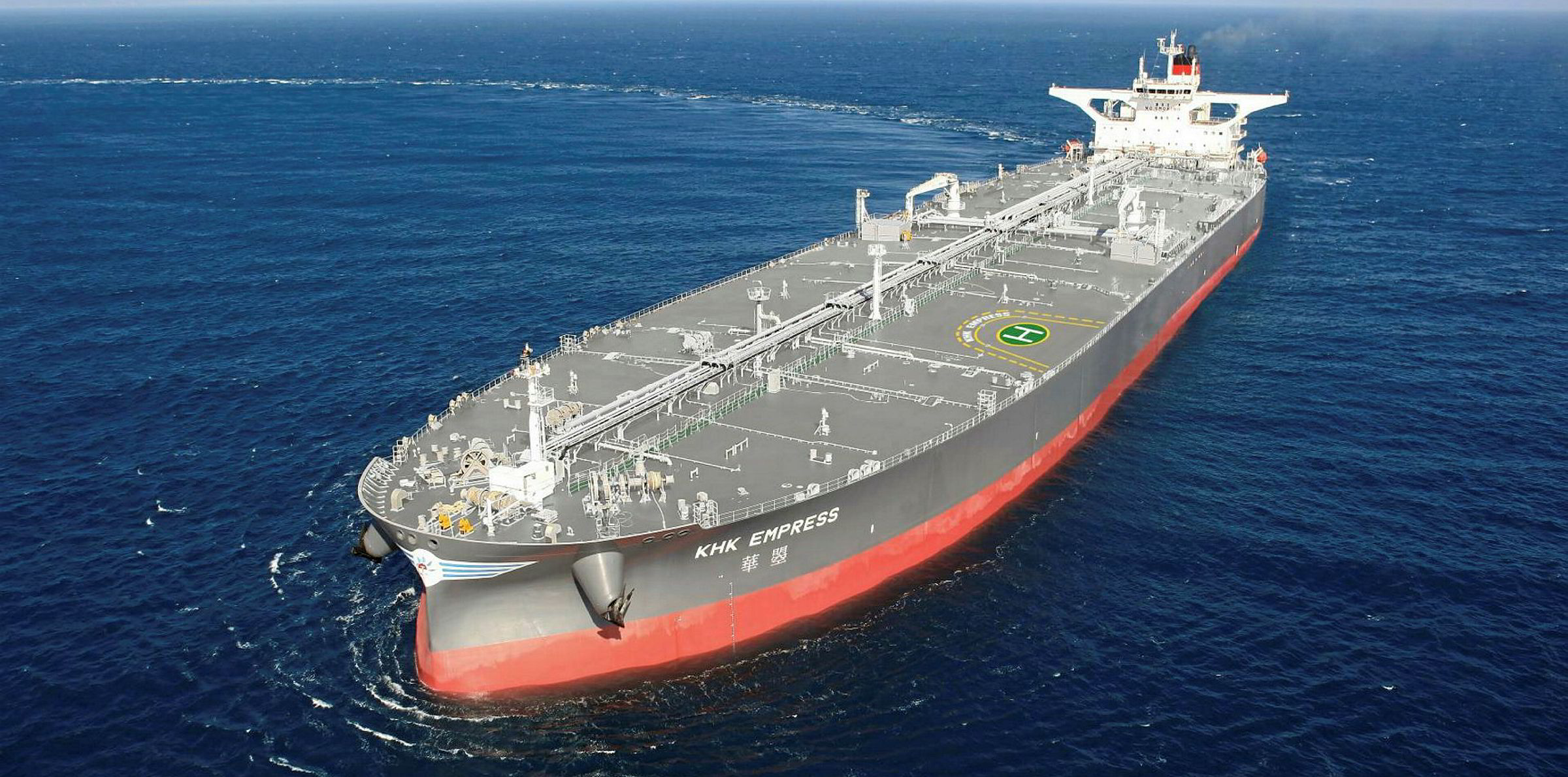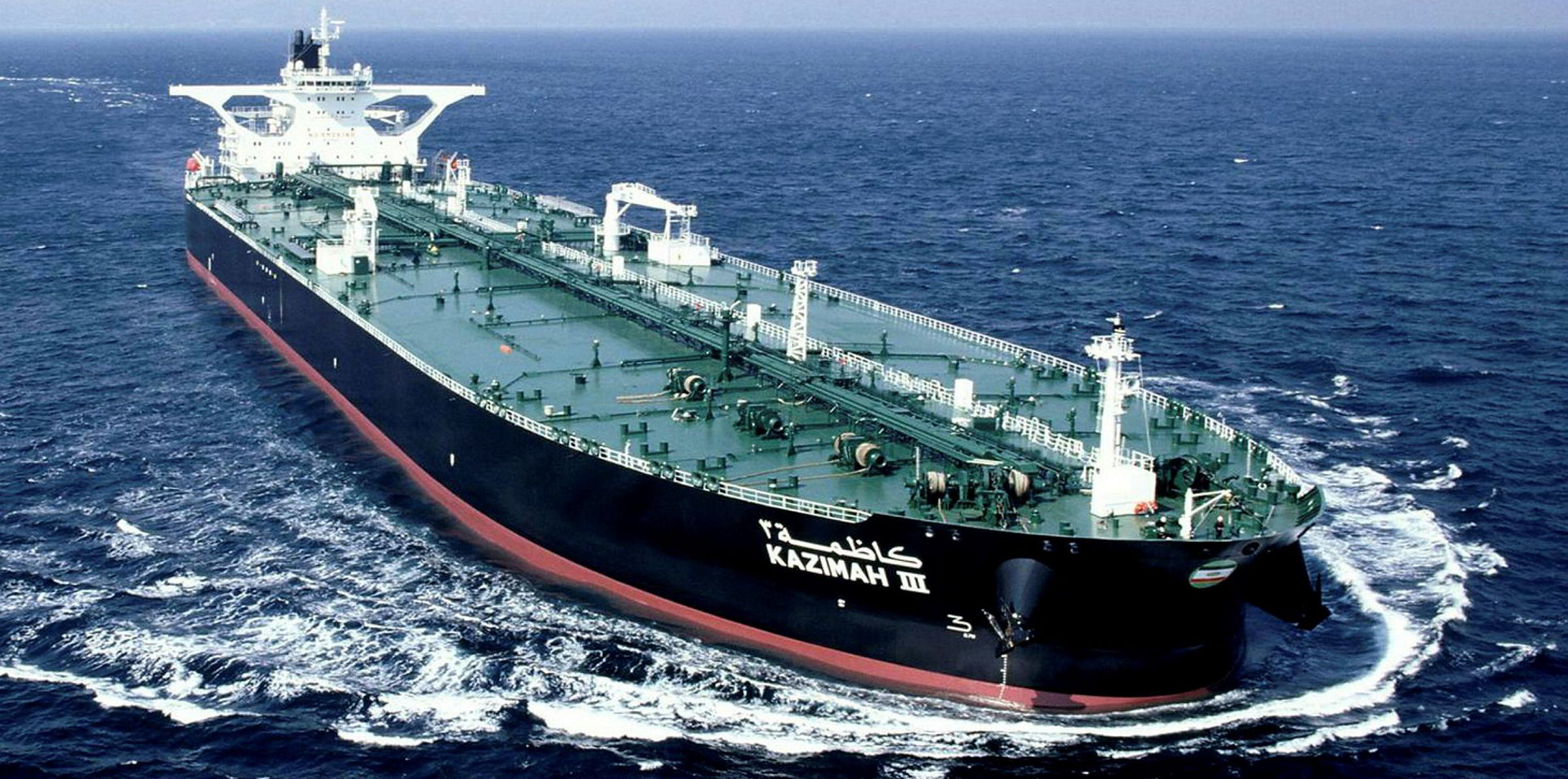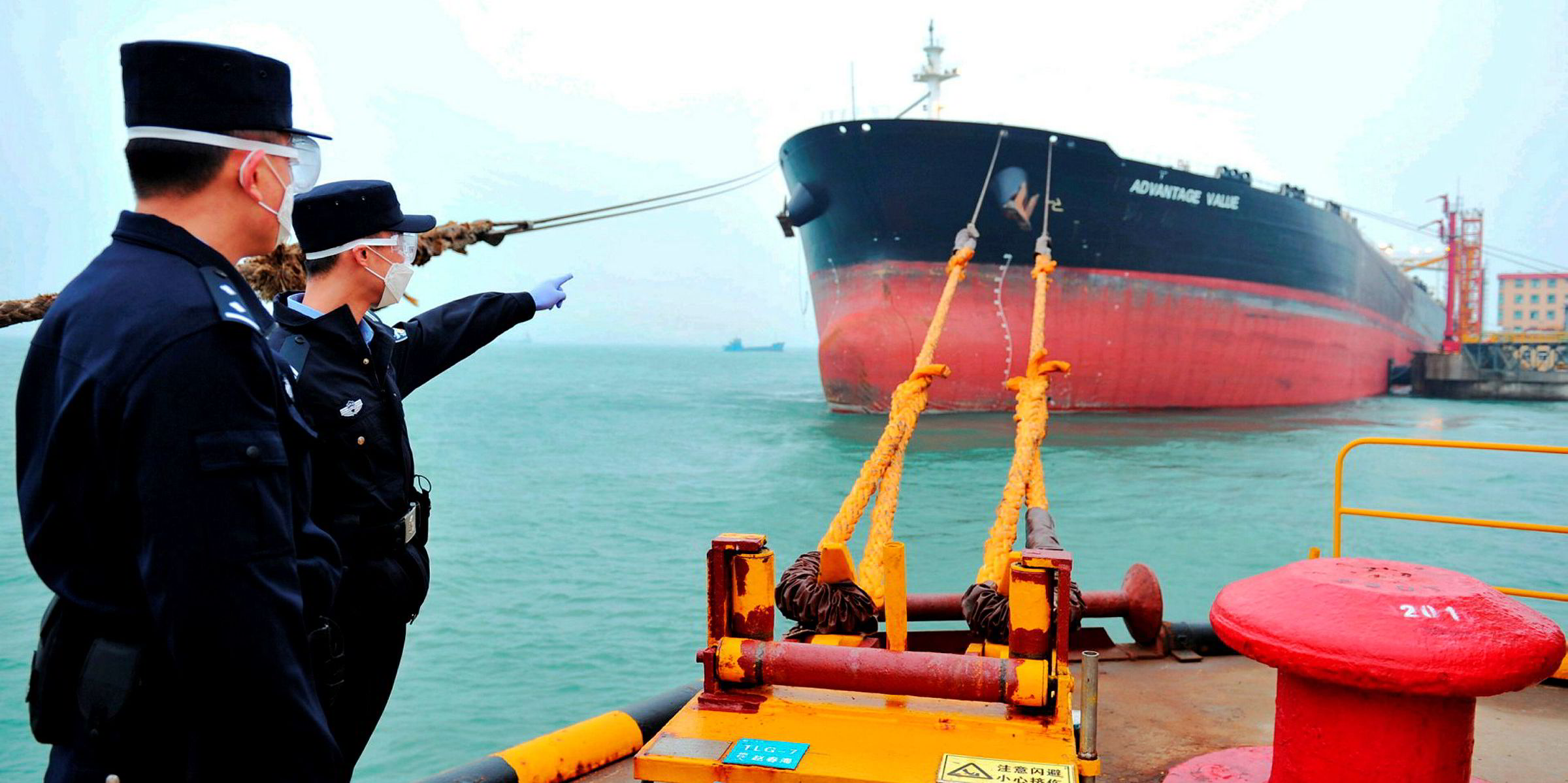Oil firms and traders have shown renewed appetite to fix product tankers for short-term floating storage, with low charter rates and depressed demand for middle distillates, according to industry data and sources.
Kpler data suggested 51.9m barrels of clean petroleum products (CPP) were floated at sea as of Friday, down from an all-time high of 79.7m barrels on 16 May but recovering from 45.9m barrels on 3 July.
Over the past week, the amount of CPP stored on LR2s increased by 2.75m barrels.
“Charterers have fresh inquiries for clean tankers to be employed for floating storage in recent weeks,” IHS Markit’s liquid bulk principal analyst Fotios Katsoulas said in a research note. “The collapse recently observed in spot freight rates for clean tankers has been driving the increasing appetite of charterers.”
“As economics for onshore storage are less favourable, interest starts moving onto product tankers yet again.”
“Floating storage is much more flexible, allowing charterers to quickly secure capacity even for periods shorter than a month.”
Good incentives for both sides
According to IHS, at least six LR2s have been fixed on period charters of up to 90 days since the end of June at a daily rate of about $20,000, and those deals are attached with floating storage options in the West of Suez market.
In early June, three-month floating storage deals for LR2s were fixed at $30,000 per day, data from VesselsValue suggested.
There are also talks of some MRs possibly booked for floating storage use, but details are sketchy.
As of this week, short-term charter rates for an LR2 to store oil is understood to be discussed at around $20,000 per day, for an LR1 at $15,000 per day, and for a MR at $12,500 per day.
In comparison, Clarksons Platou Securities assessed daily spot LR2 earnings at $13,700, LR1s at $10,400 and MRs at $10,800 on Friday.
“Ship operators seem to be interested and willing to consider floating storage as well, as the recently limited availability of [spot] cargoes to be lifted can simply not be ignored,” Katsoulas said.
“Sentiment for the near term isn’t good for now, with many shipowners looking for alternative ways of employment during the traditionally weak summer season.”
Katsoulas added that top charterers that employed product tankers for floating storage in Northwest Europe in late June included ST Shipping, Vitol, Trafigura and BP.
Those companies generally do not comment on their tanker charter activity.
Weak oil demand
Analysts have suggested a large portion of floating storage requirements are driven by lacklustre consumption of transport fuel as travel demand remains weak during the Covid-19 crisis.
Nearly 2m barrels of jet fuel and 1.33m barrels of diesel have entered floating storage since 3 July, according to Kpler data.
“We are seeing global floating storage of clean products remaining stubbornly high,” ClipperData commodity research director Matthew Smith said. “This appears more driven by lagging demand and strong onshore inventory levels than by floating storage economics.”
“Jet fuel demand remains subdued for obvious reasons, while middle distillate floating storage is higher than that for gasoline.”
Many oil players have pointed out that the jet fuel is set for the worst demand destruction among refined products, with negative impact from the pandemic expected to last into 2021.







